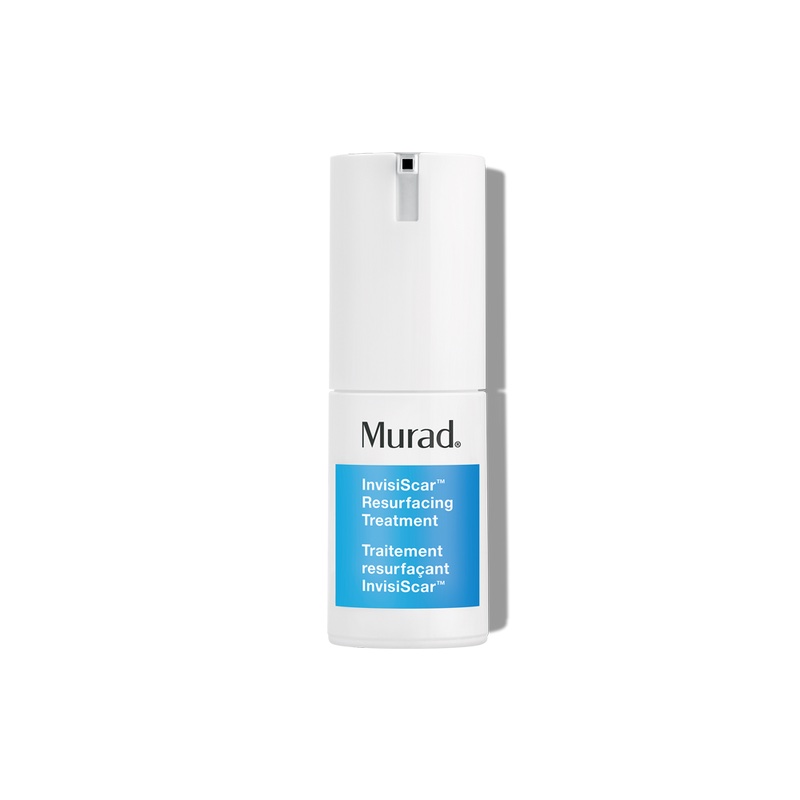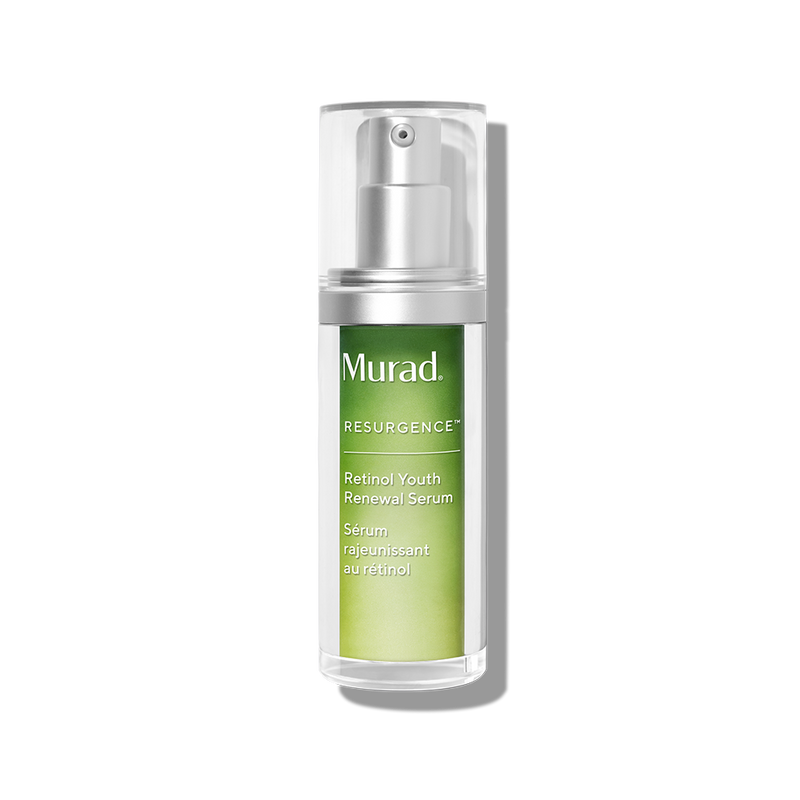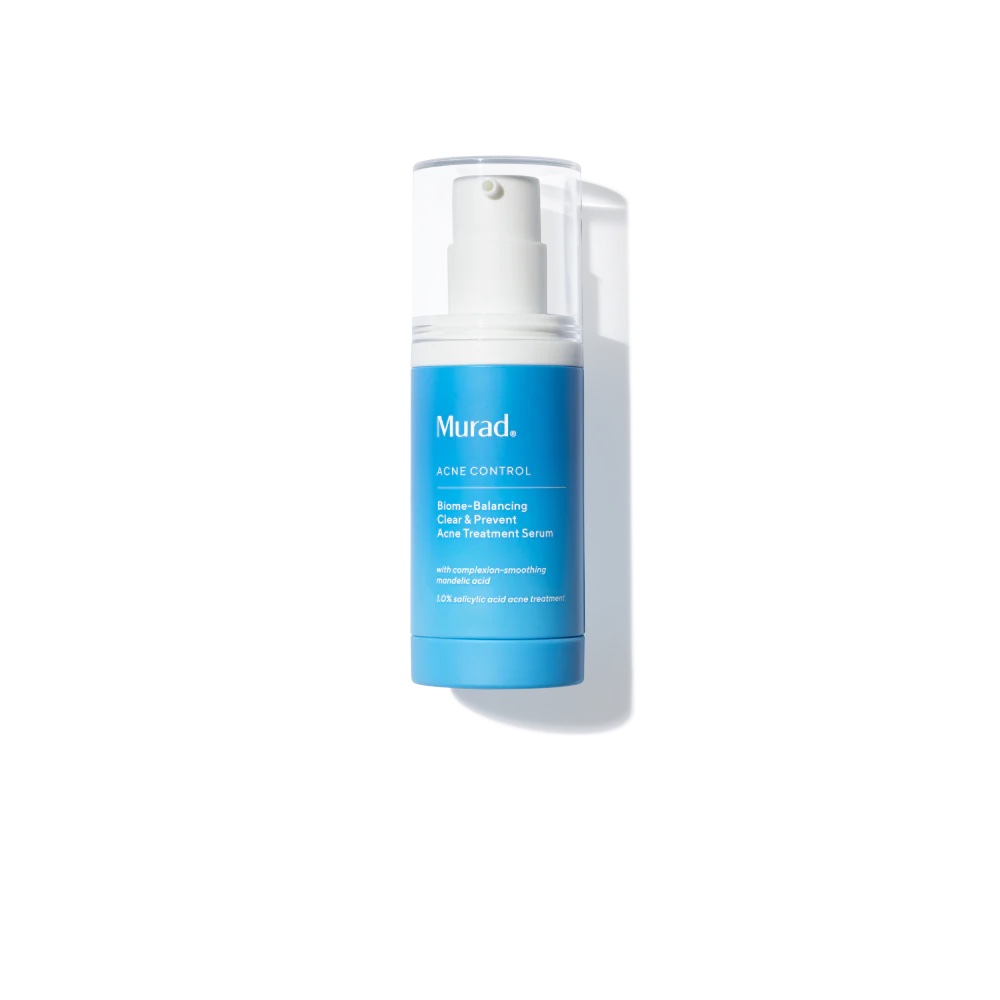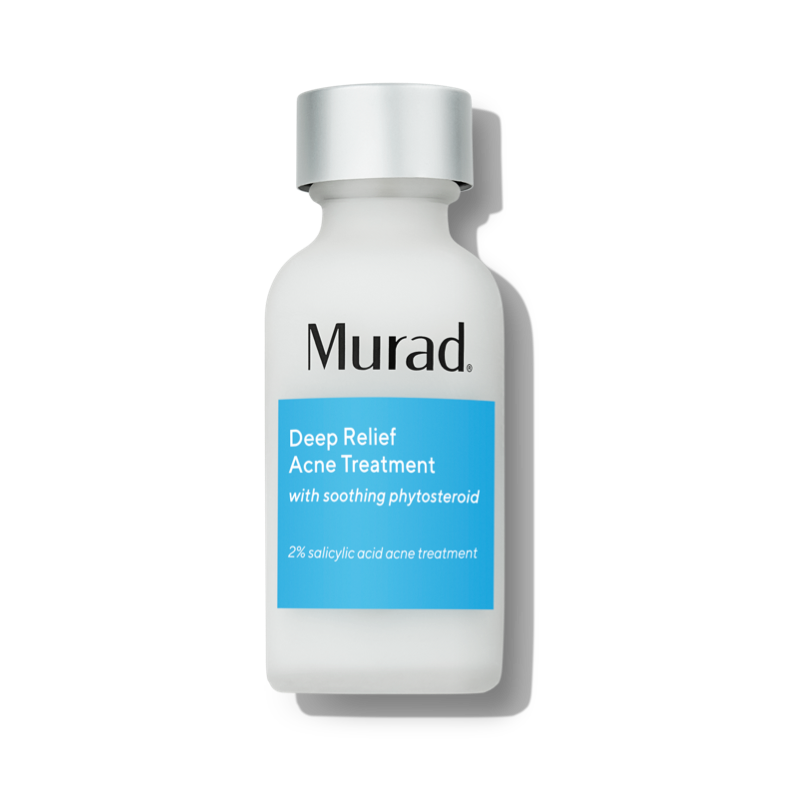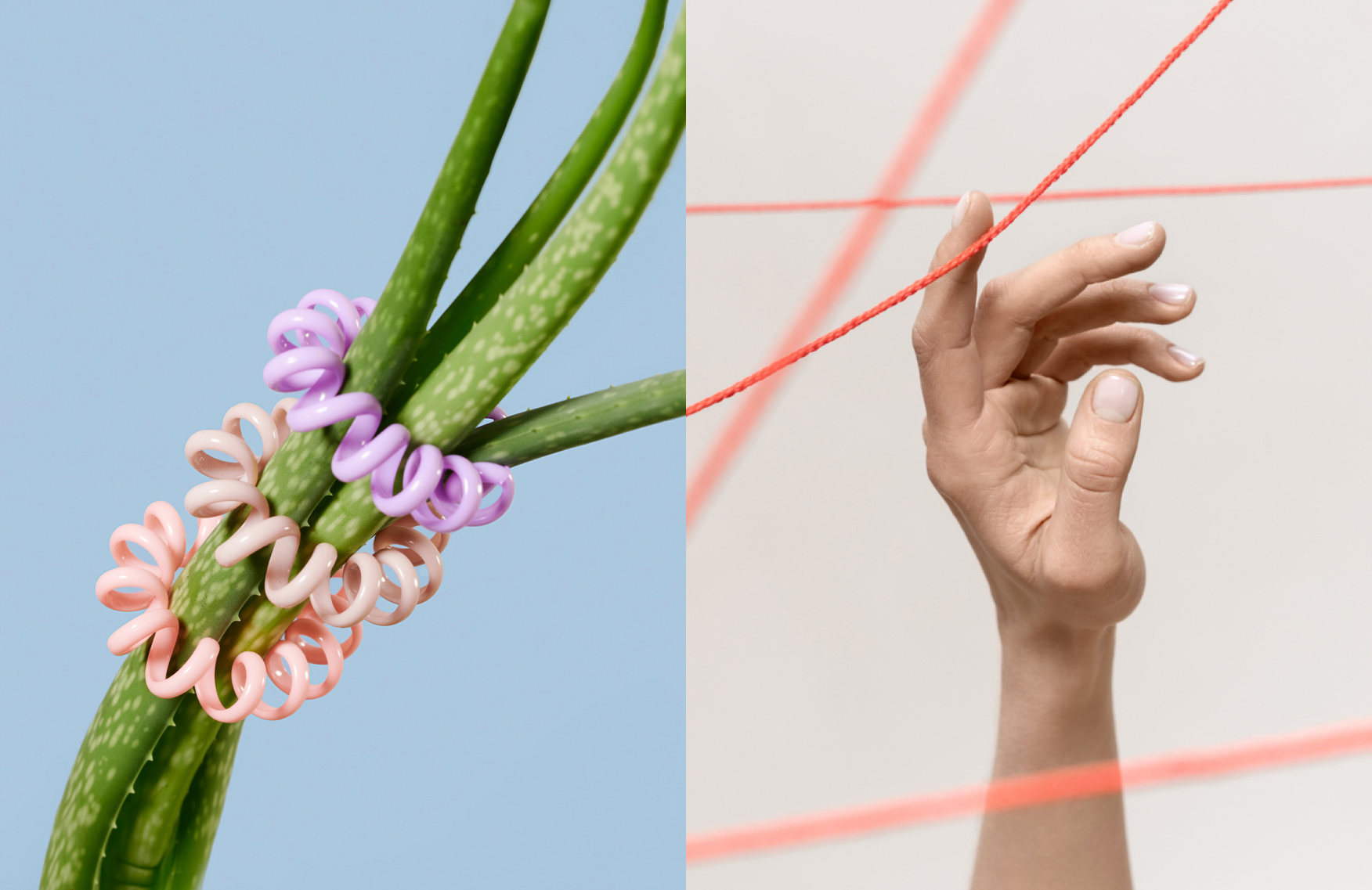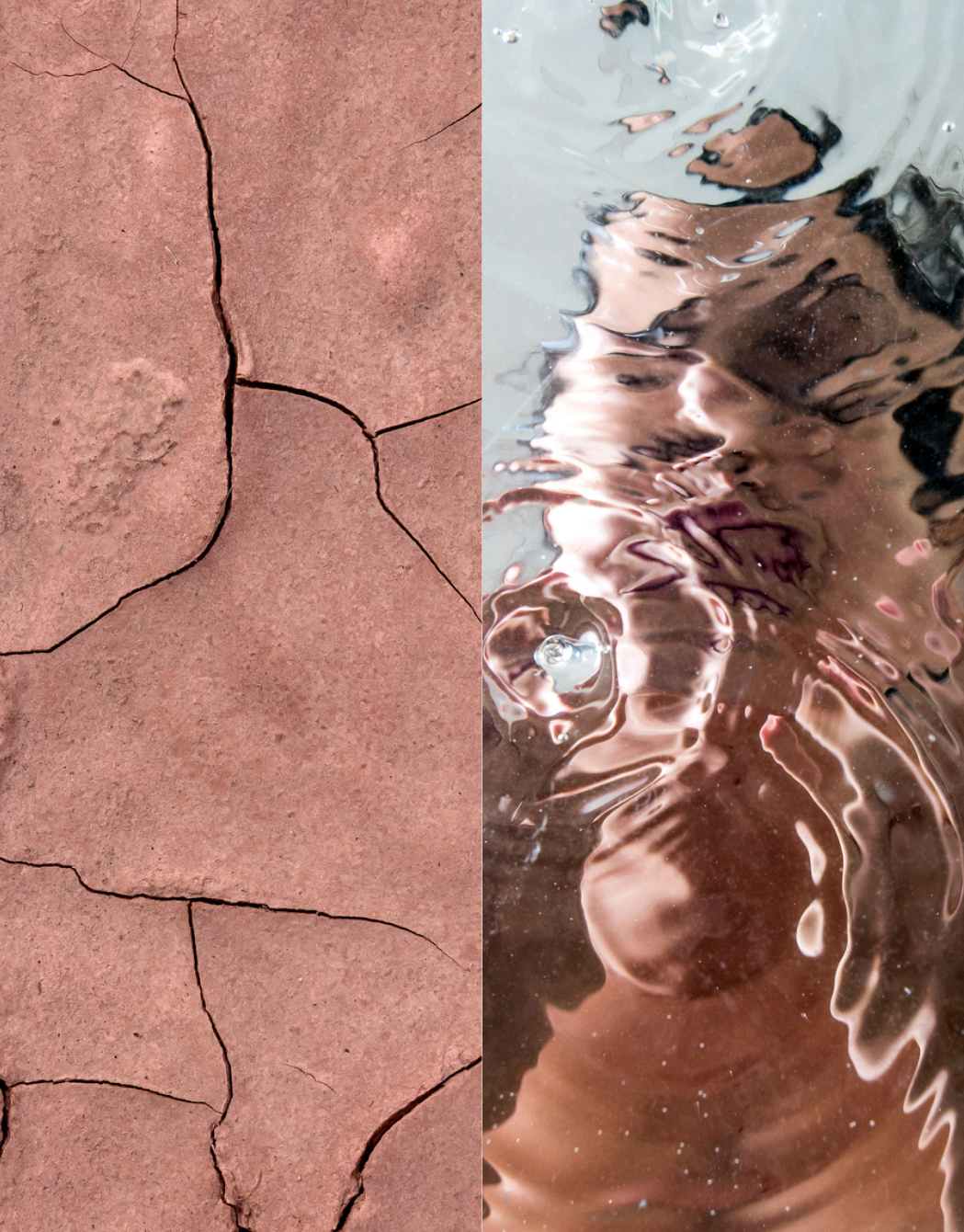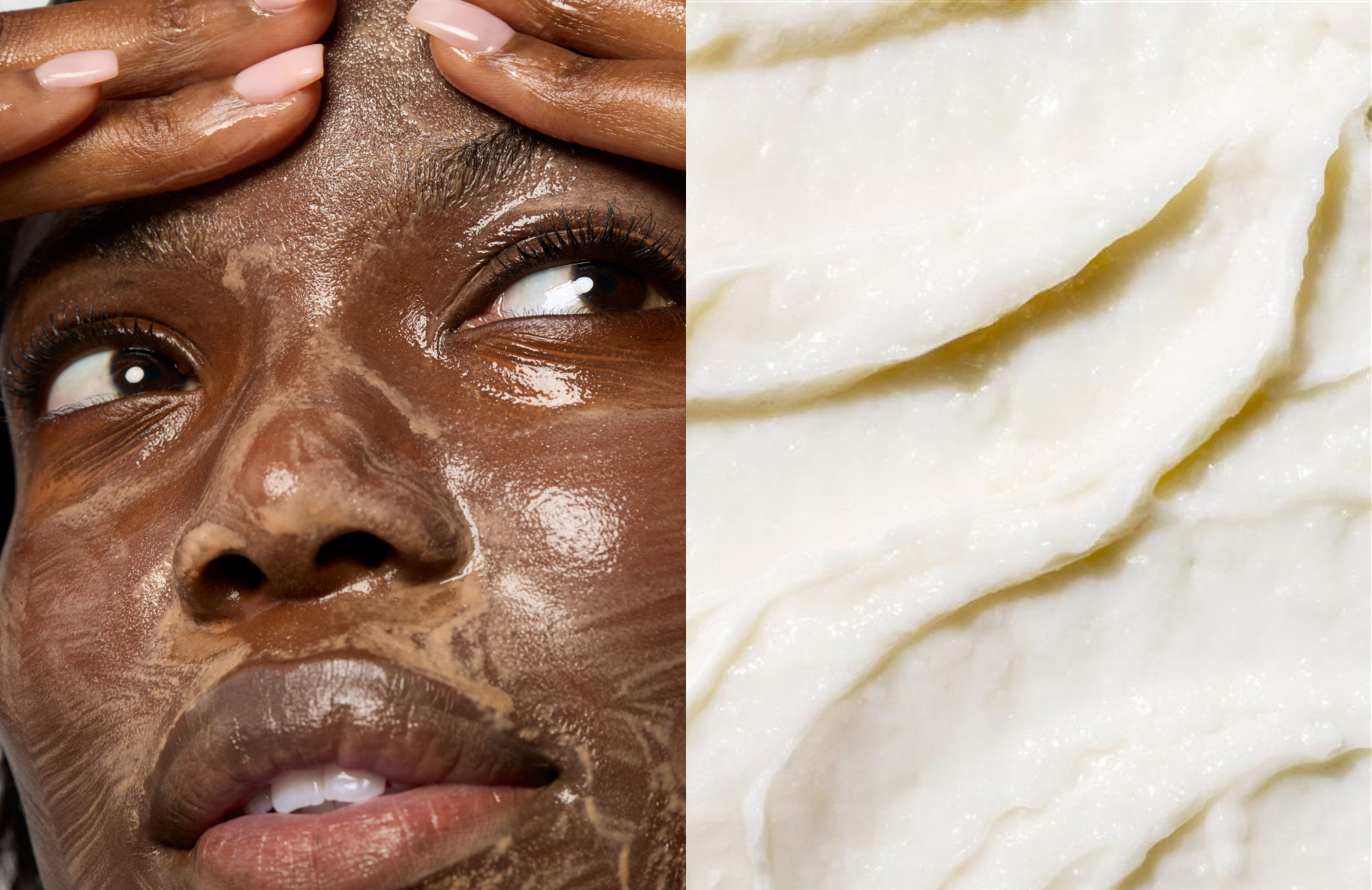Suffering from postpartum acne? Here’s how to tackle it
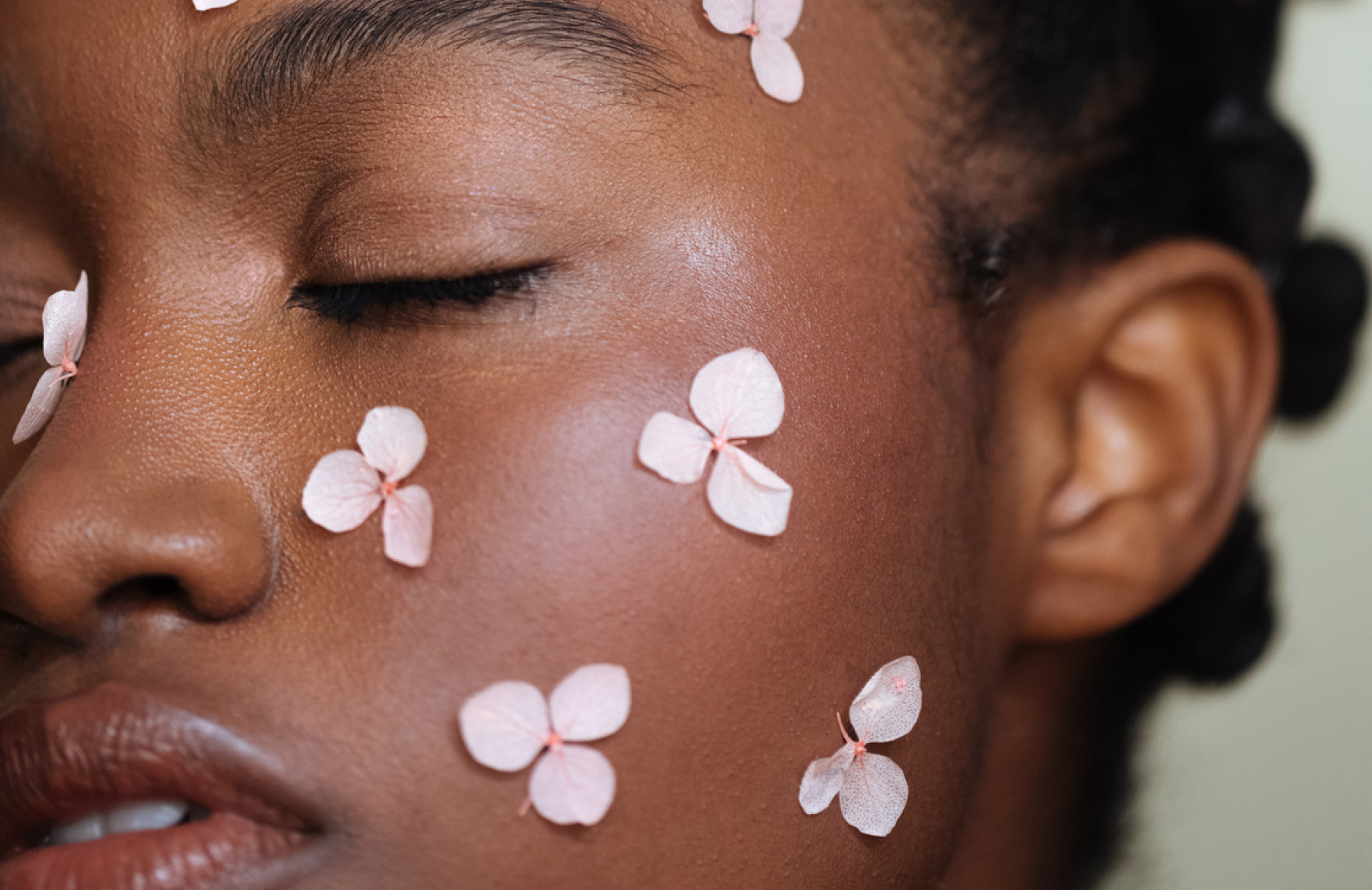
The postpartum period is full of changes — changes to your body, priorities, and, for some people, their skin. Acne is a common occurrence after giving birth, and can appear as soon as immediately post-pregnancy or flare up several weeks after. If you’re struggling to find a way to manage your newfound breakouts, we spoke to board-certified dermatologist Dr. Elizabeth Houshmand of Houshmand Dermatology to learn best practices.
What is postpartum acne?
Postpartum acne refers to acne that occurs after pregnancy. It presents itself as whiteheads, blackheads, cysts, nodules or blind pimples, and typically appears on the forehead, chin and jawline (though it can show up anywhere on the body). “While acne has a very significant genetic component, it’s important for patients to understand that it’s common and that they’re not alone,” Dr. Houshmand says.
What causes postpartum acne?
One word: hormones. There are several hormonal changes at play during the postpartum period. During pregnancy, estrogen and progesterone levels rise significantly, but after delivery, their levels drop, leading to a hormonal imbalance. “These hormonal fluctuations are normal and may cause an increase in oil production, which can lead to acne,” Dr. Houshmand says. Your skin type plays a role, too. According to Dr. Houshmand, those with a history of moderate to severe acne pre-pregnancy as well as those with oily skin types have a higher propensity for postpartum acne flares and more severe types of acne.
How to deal with postpartum acne
“Salicylic acid is a beta-hydroxy acid, or BHA, that works well for mild acne,” Dr. Houshmand says. “It is both anti-inflammatory and exfoliating, and is a good option for open and closed comedones (blackheads and whiteheads).” If you’re new to the ingredient, she recommends starting with a low concentration in a more tolerable formulation (like a mild cleanser versus a potent serum) to avoid irritation. (If you’re breastfeeding, ask your doctor if it’s safe to use salicylic acid.)
Benzoyl peroxide is another effective anti-acne treatment that works well for pustules and papules (though it’s not recommended if you’re breastfeeding). It’s antimicrobial, which means it inhibits bacteria growth on the skin, and can help manage excess oil, target dead skin cells, and kill acne-causing bacteria beneath the skin, Dr. Houshmand says
Incorporating a once-a-week clay mask, such as those with kaolin or bentonite, into your skincare regimen can help mitigate acne. Clays dig deep into the pores to absorb excess oil and reduce the risk of clogging, which can prevent breakouts altogether. Sulfur masks can also be helpful due to the ingredient’s antimicrobial, oil-controlling properties. “Similar to salicylic acid, sulfur helps remove dead skin cells that clog pores and lead to pimples and blackheads,” Dr. Houshmand says.
No matter what type of acne you have, Dr. Houshmand recommends being proactive with your skincare routine and prioritizing prevention. “It’s important to wash your makeup off at night and use an evening cleanser that’s appropriate for your skin type,” she says. Nightly cleansing rids the skin of the day’s dirt, oil, and toxins, and can help prevent clogged pores and acne.
“Avoid picking at or popping your pimples, as it can lead to scarring,” she says. Not to mention, it can lead to increased inflammation, redness, and swelling, as well as the development of a bigger breakout if you spread bacteria to surrounding pores or other areas of skin.
If you have postpartum acne, Dr. Houshmand recommends paying a visit to your dermatologist to receive a customized treatment plan.
The views expressed in this article do not necessarily represent the views of Murad, and are for informational purposes only, even if the advice of physicians and medical practitioners are included. This article is not a substitute for professional medical advice, diagnosis or treatment, and should not be considered specific medical advice.
